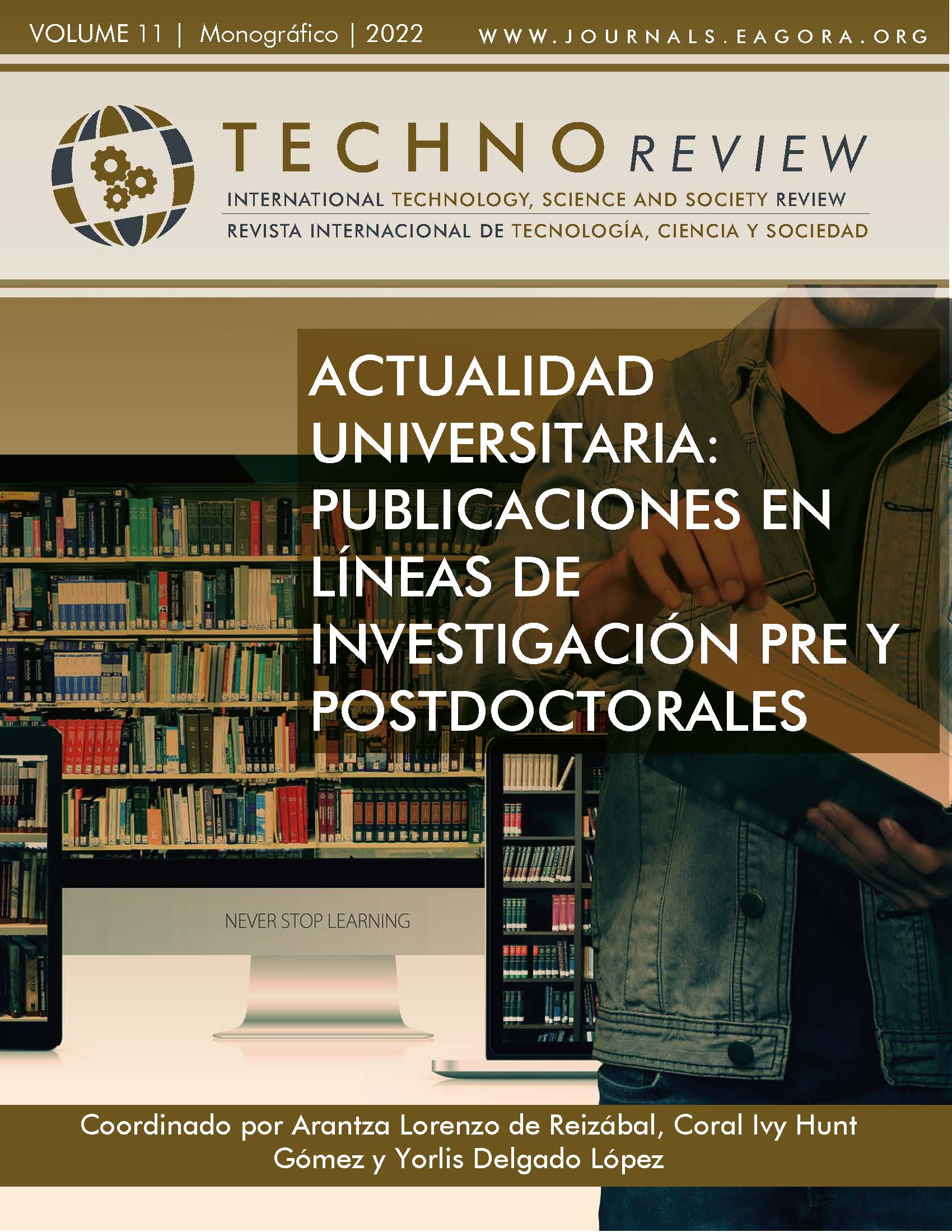Forest Project’s Conceptualization
An experience conceived in layers: from theoretical thought to its visual representation
DOI:
https://doi.org/10.37467/revtechno.v11.4427Keywords:
Ecological Thought, Technological Art, Post-Anthropocene, Virtual Reality, Ecology, Forest, DigitalAbstract
The research that comprises El Bosque project combines a part of an artistic production through the development of an immersive experience with Virtual Reality technology, and a theoretical part that allows us to generate a journey through the different scenes, uniting them conceptually through the analysis of theories of conceptual referents extracting specific concepts that adjoin within ecological thought. Through this research we have made a selection, analysis and synthesis of different concepts and currents of thought of authors around ecology. Thus structuring the project of El Bosque and summarizing the foundations of a current and situated thought, which not only encompasses something related with ecology, but also participates and crosses everything that has to do with our life in the present.
References
Braidotti, R. (2015). Lo posthumano. Gedisa.
Haraway, D. J. (2020). Seguir con el problema: Generar parentesco en el Chthuluceno. Consonni.
Hayles, N.K. (1999). How we became posthuman: virtual bodies in cybernetics, literature, and informatics. The University of Chicago Press.
Hayles, N. K. (2019). La evolución del caos. El orden dentro del desorden en las ciencias contemporáneas. Gedisa.
Latour, B. (2017). Facing Gaia: eight lectures on the new climatic regime. Malden; Polity.
Le Guinn, U.K. (1986) The Carrier Bag Theory of Fiction. https://cutt.ly/5Jp6ZqZ Fuente original en inglés: https://cutt.ly/wJp63CR
Lovelock, J. (2000). Homage to Gaia: The Life of an Independent Scientist. Oxford University Press.
Morton, T. (2018). El pensamiento ecológico. Paidós.
Downloads
Published
How to Cite
Issue
Section
License
Those authors who publish in this journal accept the following terms:
- Authors will keep the moral right of the work and they will transfer the commercial rights.
- After 1 year from publication, the work shall thereafter be open access online on our website, but will retain copyright.
- In the event that the authors wish to assign an Creative Commons (CC) license, they may request it by writing to publishing@eagora.org







